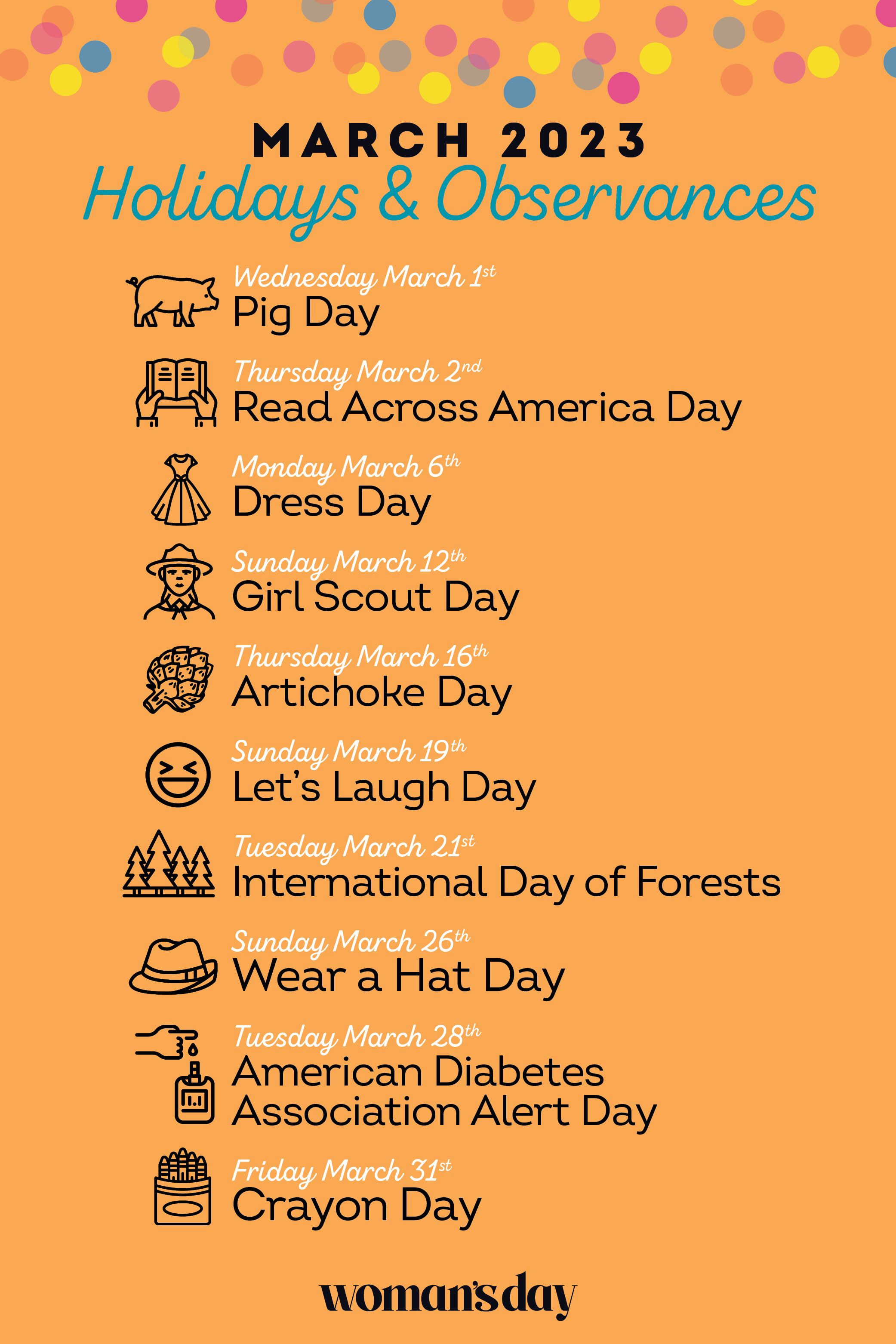What Holiday Is on September 17? Traditions Around the World
September 17th marks several significant observances around the globe, but it is most notably celebrated as Constitution Day in the United States and celebrates the adoption of the U.S. Constitution in 1787. This day not only honors the foundational legal document of the nation but also serves as a reminder of the values, freedoms, and responsibilities that come with citizenship. Various countries also have their own rich traditions associated with this date, making it an excellent opportunity to explore cultural practices and celebrations worldwide.
Understanding the traditions surrounding September 17 allows us to appreciate the kaleidoscope of human culture and history. Let’s delve into some engaging and diverse customs marking this day across different nations.
Significance of Constitution Day in the United States
In the U.S., Constitution Day and Citizenship Day brings forth ceremonies, educational events, and discussions aimed at fostering civic understanding. Schools often conduct lessons about the Constitution to educate students about their rights and responsibilities. Such educational initiatives are pivotal, encouraging young individuals to appreciate democracy and civic participation.
Moreover, various organizations host events where citizens can take the naturalization oath, propelling the celebration into personal terrain for many immigrants. This simple act symbolizes the promise of a better future and integration into the country’s diverse tapestry. With parades and public readings of the Constitution, this day becomes a vibrant tableau of American ideals—freedom, justice, and unity.
International Observances of September 17
Beyond the American landscape, September 17 is also noted for international commemorations, such as the Korean holiday Chuseok. Recognizing the autumn harvest, family members return to their hometowns to honor their ancestors. This occasion is akin to Thanksgiving in American culture, filled with elaborate feasts featuring traditional dishes, from rice cakes to grilled meats. Chuseok fosters familial bonds and expressions of gratitude towards both the bountiful harvest and past generations.
Another noteworthy observance occurs in Iran, where the day signifies the founding of the Persian Empire. Celebrated primarily by historians and scholars, it emphasizes cultural pride and recognition of historical achievements. Rich traditions such as poetry recitations and cultural showcases help instill a sense of national identity, merging the past with the contemporary. These activities evoke an appreciation for the multi-layered heritage that shapes national consciousness.
Exploring Lesser-Known Traditions Around the World
Countries around the globe have their own unique traditions on September 17, fostering curiosity about lesser-known customs. In Bhutan, for instance, this date is recognized with an event called Dashain, signifying the victory of good over evil. Families participate in rituals that include elaborate prayers and the preparation of special foods that reflect spiritual resilience and unity.
Similarly, the people of Malta observe a day of remembrance on September 17, known as Freedom Day. This day entails commemorative services, showcasing the historical milestones that led to Malta’s independence. The celebrations reflect a contemplation of national identity, emphasizing values that promote resilience and unity. Such observances are a testament to the human spirit’s endurance and the cultural legacies that continue to shape societal values today.
The Shift in Perspective
As we navigate through the varied traditions celebrated on September 17, a shift in perspective emerges. These observances—whether centered on national constitutions, harvests, or historical milestones—highlight the intrinsic human desire to honor the past while celebrating communal ties. It compels us to contemplate our identities, communities, and the stories that shape our lives.
Understanding these diverse celebrations enriches our appreciation for global cultures and the myriad ways people express their values through tradition. As modernity intersects with age-old customs, we are reminded that maintaining cultural legacies is essential to fostering empathy and interconnectedness in our increasingly globalized world.
In essence, September 17 serves as a rich tapestry of traditions, from the Constitution Day in the United States to the autumn festivities in Korea, and the insightful commemorations in Iran and Malta. These occasions remind us of the significance of heritage, unity, and the ongoing journey toward understanding and inclusivity. Embracing these traditions not only piques curiosity but also promises a more profound connection to the world we inhabit.
You May Also Like
Best Fish to Catch in Australia: A Guide for Anglers
Australia boasts an extraordinary diversity of fish species, making it …
Emily Bay Norfolk Island: A Hidden Gem in the Pacific
Emily Bay, a picturesque enclave nestled on the sun-kissed shores of …
Holidays on August 23: Global Festivities & Observances
August 23 is a date that carries a bouquet of cultural significance …





